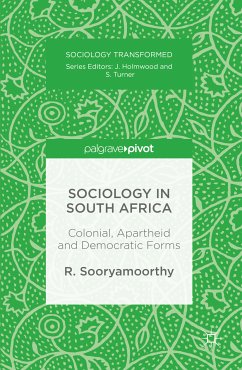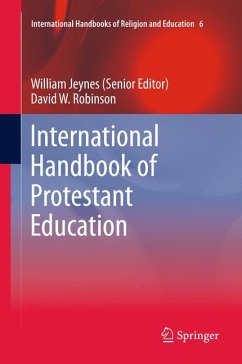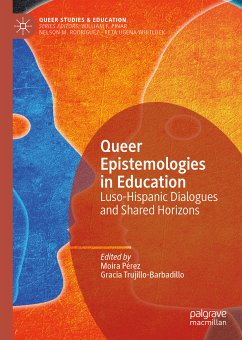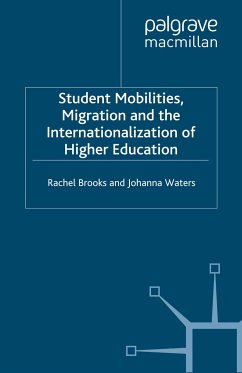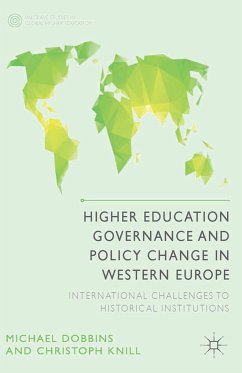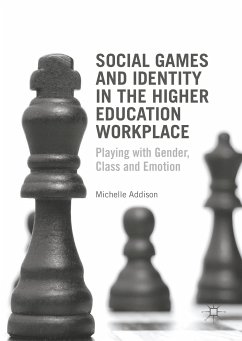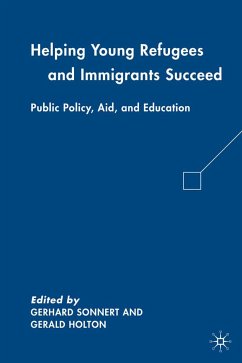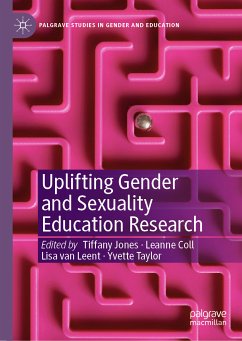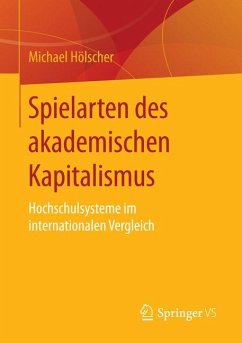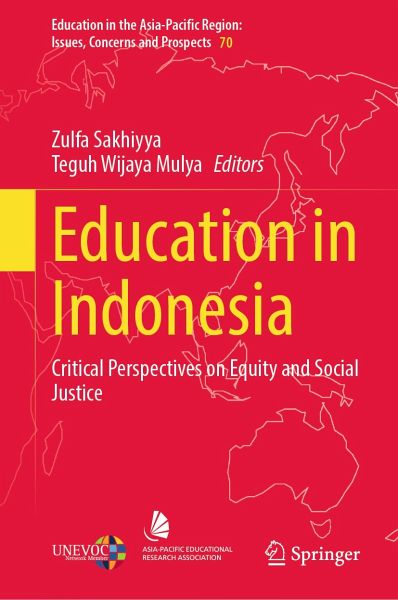
Education in Indonesia (eBook, PDF)
Critical Perspectives on Equity and Social Justice
Redaktion: Sakhiyya, Zulfa; Wijaya Mulya, Teguh
Versandkostenfrei!
Sofort per Download lieferbar
96,95 €
inkl. MwSt.
Weitere Ausgaben:

PAYBACK Punkte
48 °P sammeln!
This book offers a critical analysis on Indonesian education by drawing from various critical perspectives and theoretical frameworks to explore persistent challenges and social inequality problems in the education sector. Critical perspectives are important to reveal how education is not a neutral, mechanistic process of cultivating the knowledge and skills of future generation. Instead, it is a battleground in which competing visions, ideologies, discourses, religious values, and political interests struggle for dominance in a given society. In each of the sections, contributors draw upon sp...
This book offers a critical analysis on Indonesian education by drawing from various critical perspectives and theoretical frameworks to explore persistent challenges and social inequality problems in the education sector. Critical perspectives are important to reveal how education is not a neutral, mechanistic process of cultivating the knowledge and skills of future generation. Instead, it is a battleground in which competing visions, ideologies, discourses, religious values, and political interests struggle for dominance in a given society. In each of the sections, contributors draw upon specific case studies and employ critical theories to analyze power relations or to identify and destabilize underlying structures, dominant discourses, hegemonic knowledge, policies, or practices. Some authors also highlight data evidencing inequities, inequalities, or injustices in Indonesian education system. As a handbook, the emphasis on critical perspectives is useful to identify and evaluatethe 'blind spots' of dominant policy discourses and their pedagogical consequences. The plurality of critical approaches also means that this book is necessarily multidisciplinary. A unique feature of this book is the fact that most authors are Indonesian academics who bring with them tacit knowledge of practices and issues. Overall, this book enriches the literature by bringing together different disciplinary perspectives such as political science, psychology, international relations, economics, and linguistics to critically examine important issues related to education in Indonesia.
Dieser Download kann aus rechtlichen Gründen nur mit Rechnungsadresse in A, B, BG, CY, CZ, D, DK, EW, E, FIN, F, GR, HR, H, IRL, I, LT, L, LR, M, NL, PL, P, R, S, SLO, SK ausgeliefert werden.



